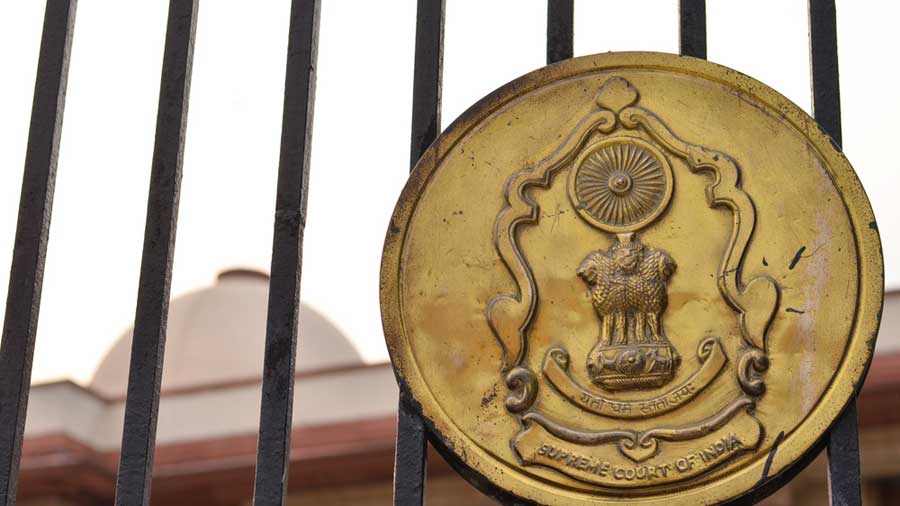The courts may lay bare politicians’ attitude to power. In the context of a recent case, the Supreme Court ruled that the announcement of policy decisions make public authorities accountable; the decisions cannot evaporate as soon as the political purpose behind the announcement is served. In this critique of quick-fix populism, of which every political party in India is guilty, the court reportedly remarked that the State must get rid of the colonial mindset that it is a sovereign, handing out doles to the people at will. Little else can express the attitude of Indian politicians who, after being elected, begin to treat their electors like subjects. This especially characterizes the conduct of the ruling dispensation in Delhi. It dresses up all aspects of governance — policies, federal transactions, inherited schemes, infrastructure projects — as gifts from the prime minister. But most important in the Supreme Court ruling was its emphasis on policy decisions being solemn promises to the people. That is, not fulfilling them would amount to fraud or deceit; depriving people of their legitimate expectation would violate Article 14 of the Constitution. The right to equality enshrined in this provision is a guarantee of protection against arbitrary State action. Colonial-style whimsicality and hollow promises made for short-term political gain were thus sharply condemned by the court.
As important was the Supreme Court’s invocation of the trust of the people in the State — an aspect of democracy that seems all but completely lost. The Indian citizens’ cynicism with regard to politicians is a sickness that is eroding the base of the democratic edifice. The State should act in a transparent manner in order to retain the people’s faith. When public authorities cannot keep a promise made to the people, they must cite reasons for the failure — reasons that must be proportional to the requirements of public interest. Since the context of the court’s remarks was a promise made by a state government to industries, the court said that the commercial sector needed to trust that its expectation from public authorities would be fulfilled for certainty and consistency in their planning. This ruling is of great significance at a time when populist promises have become accepted political strategy and the accountability of politicians in power threatens to become an obsolete notion.











